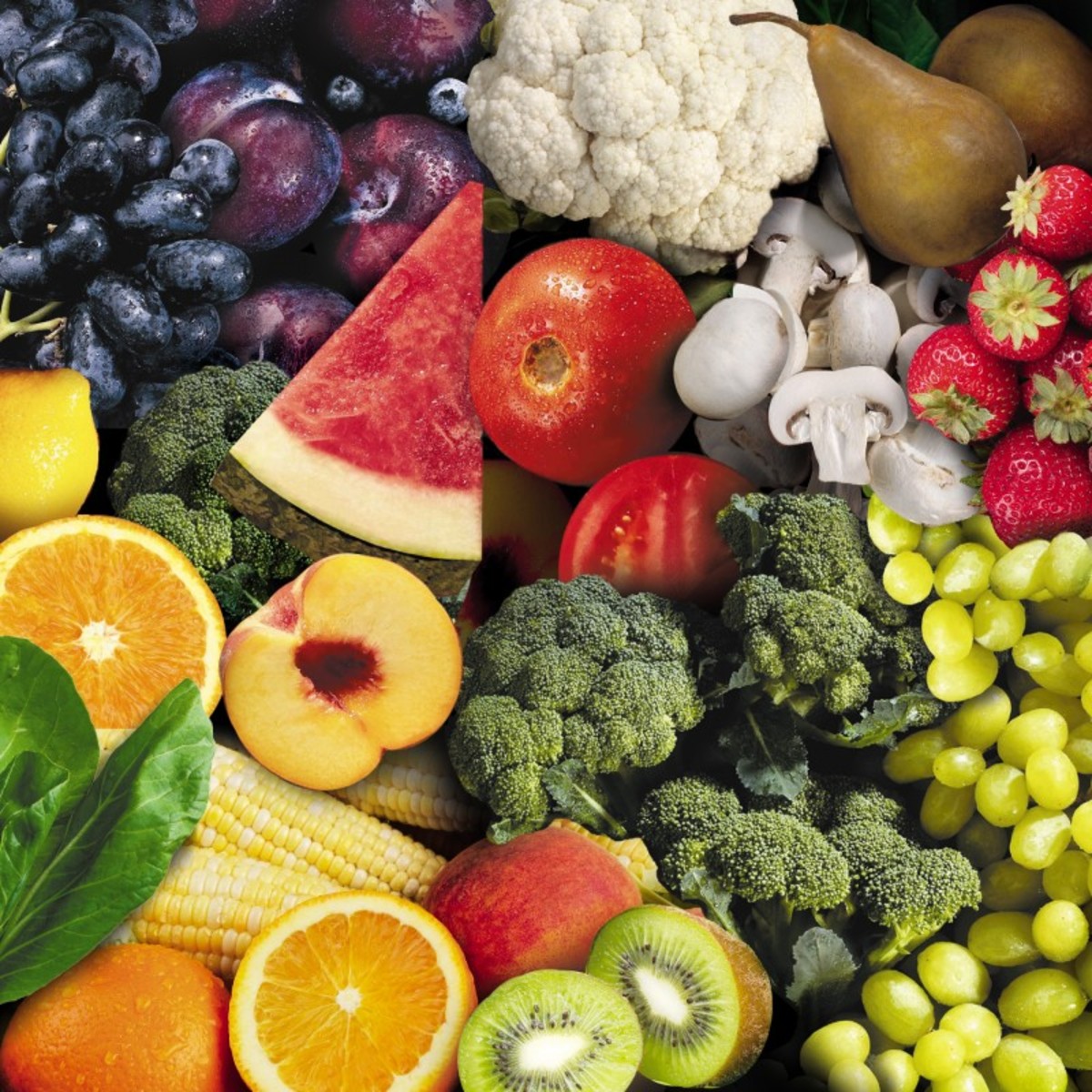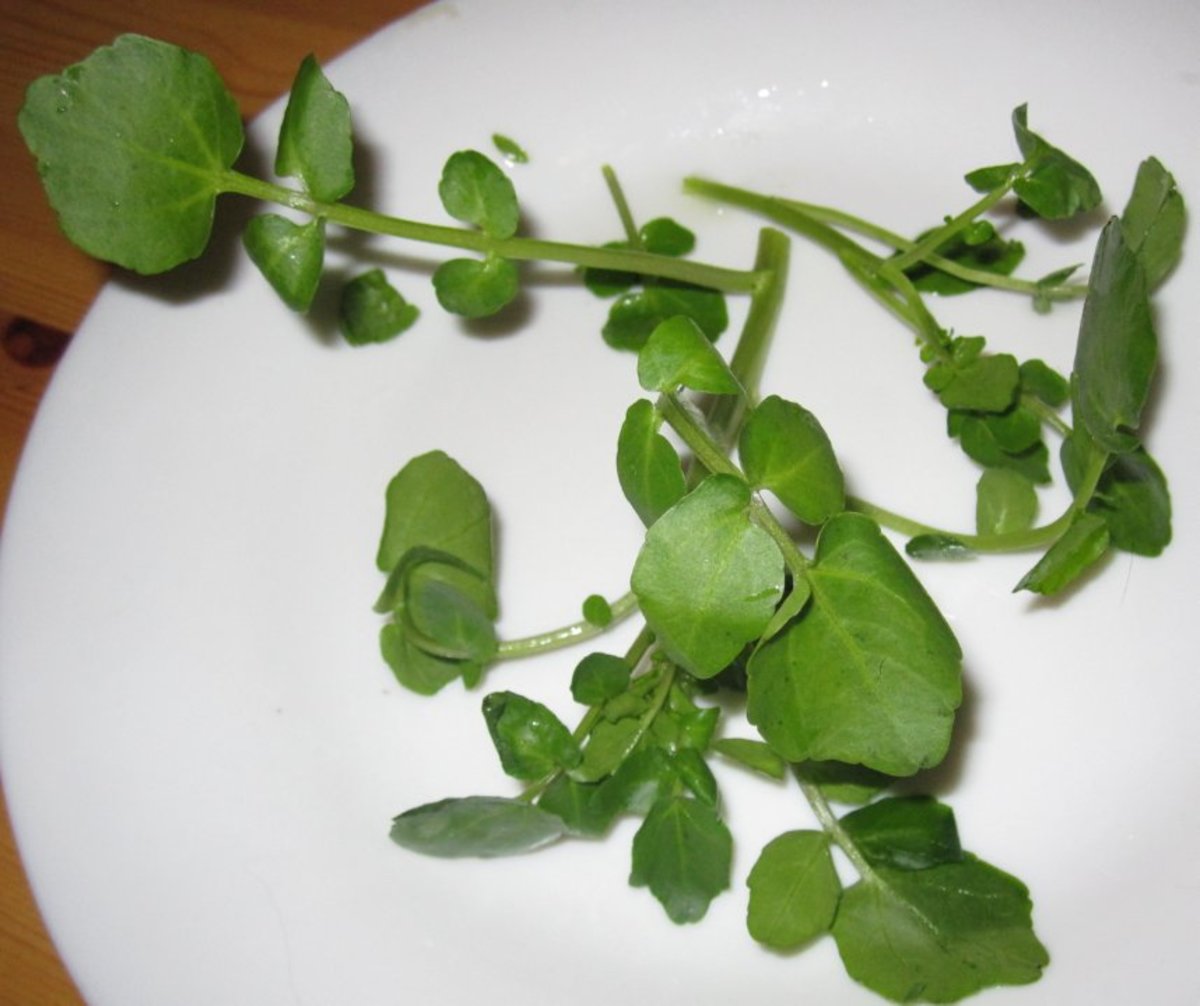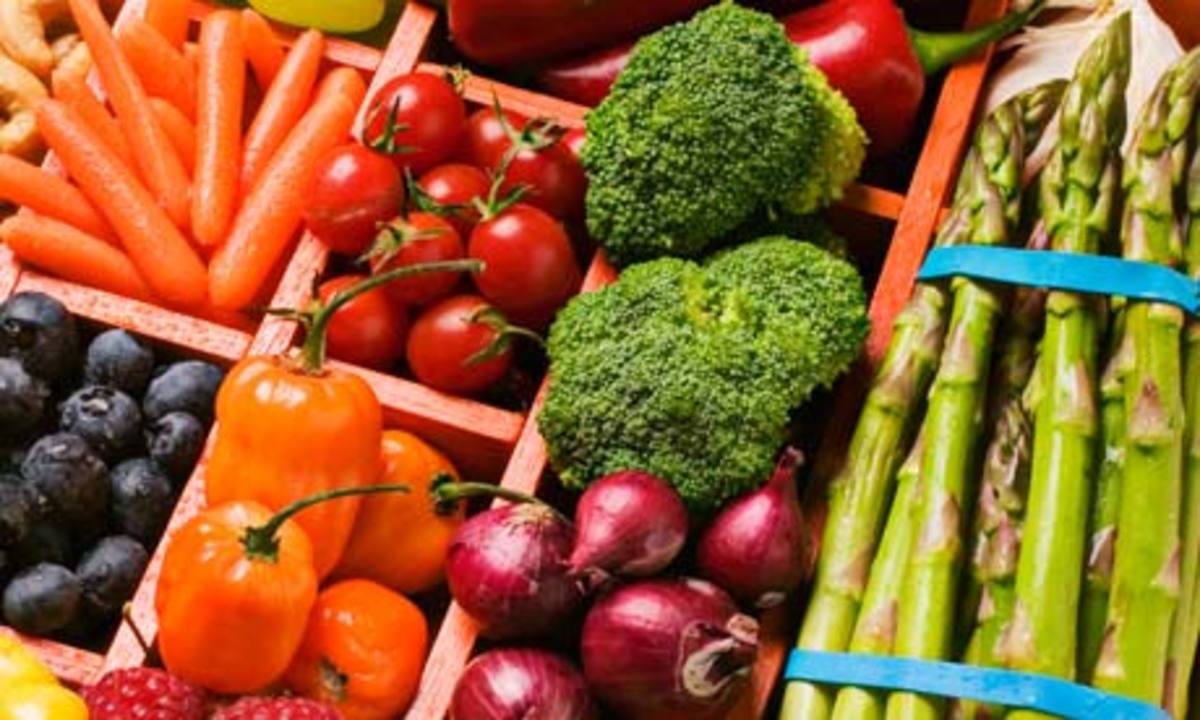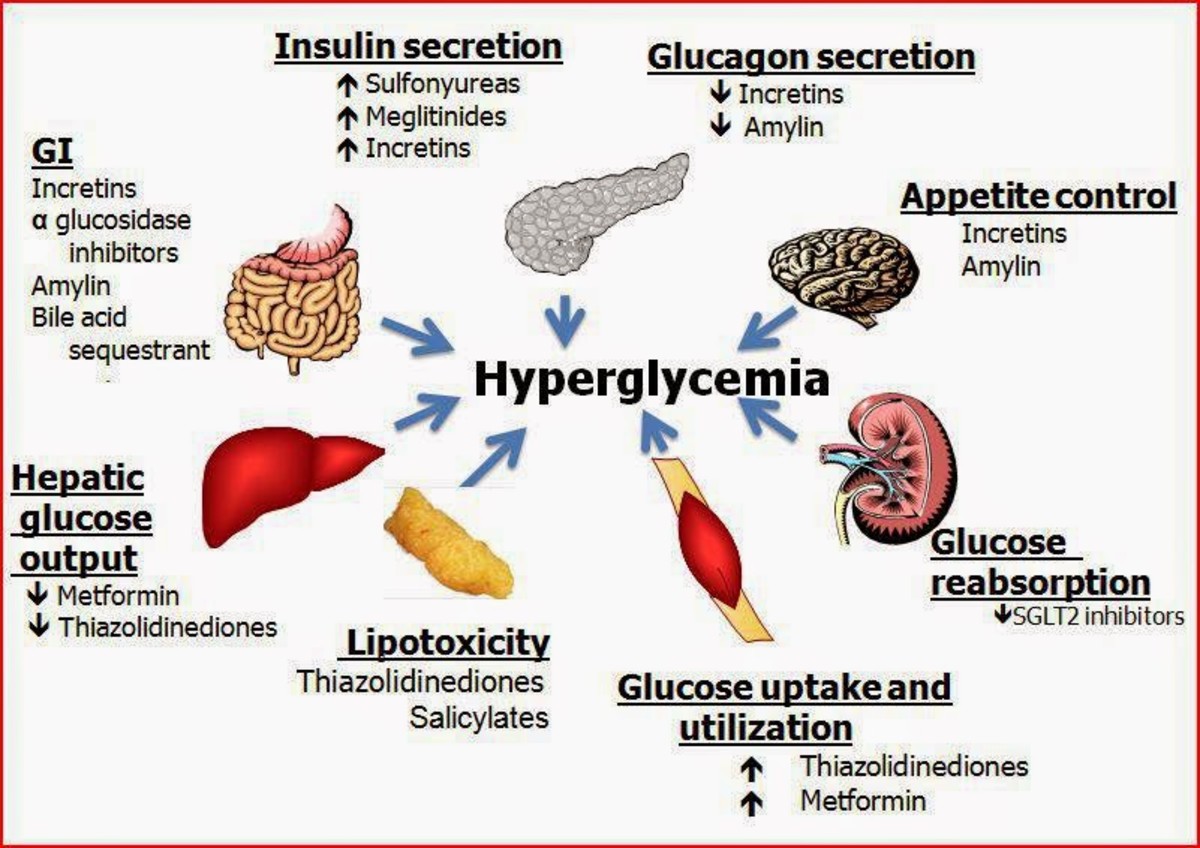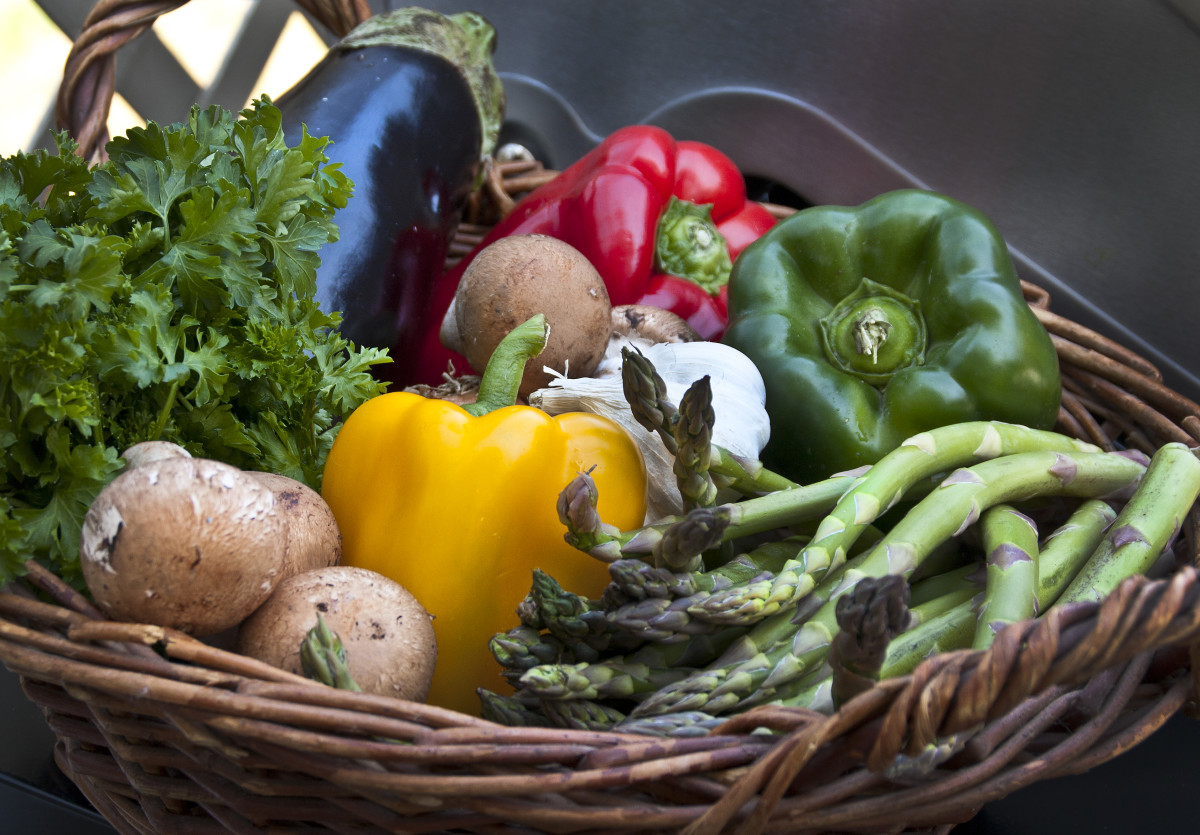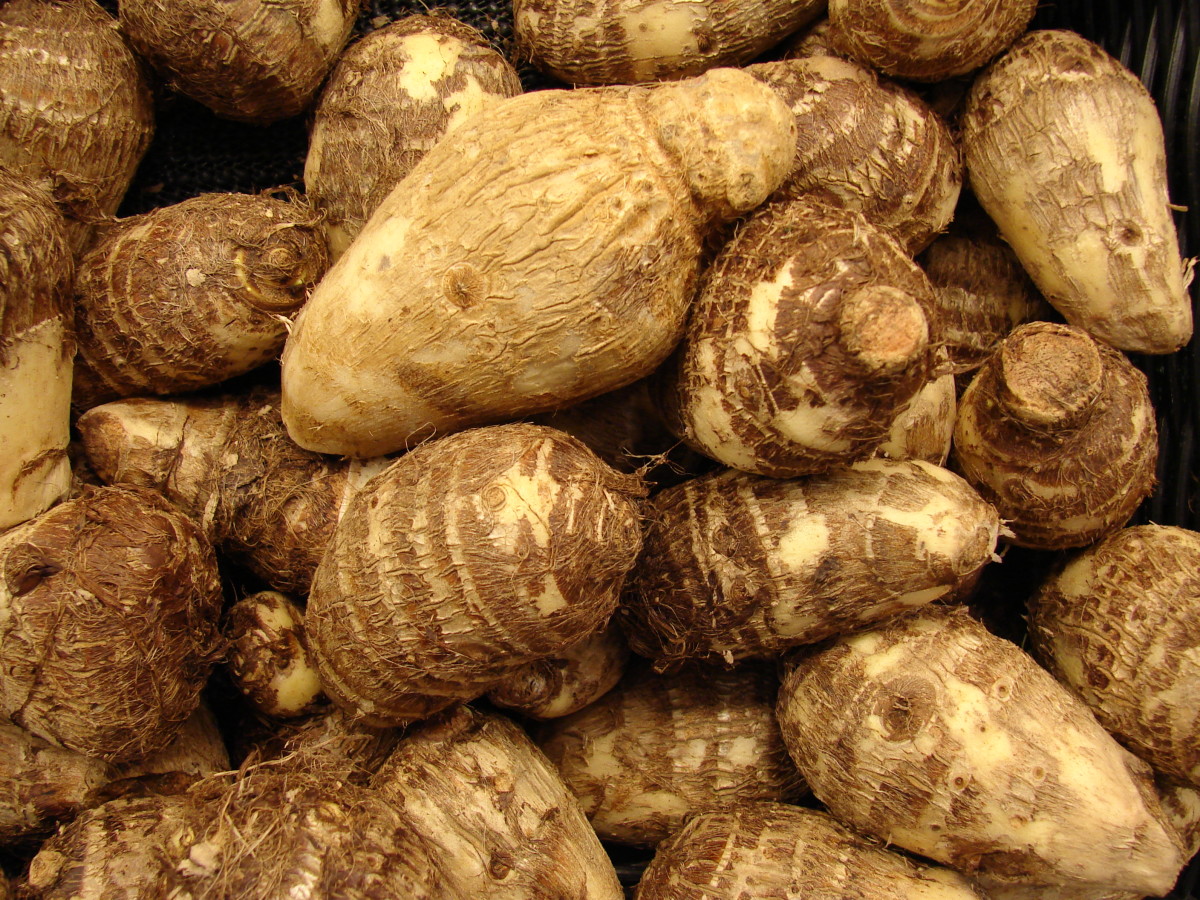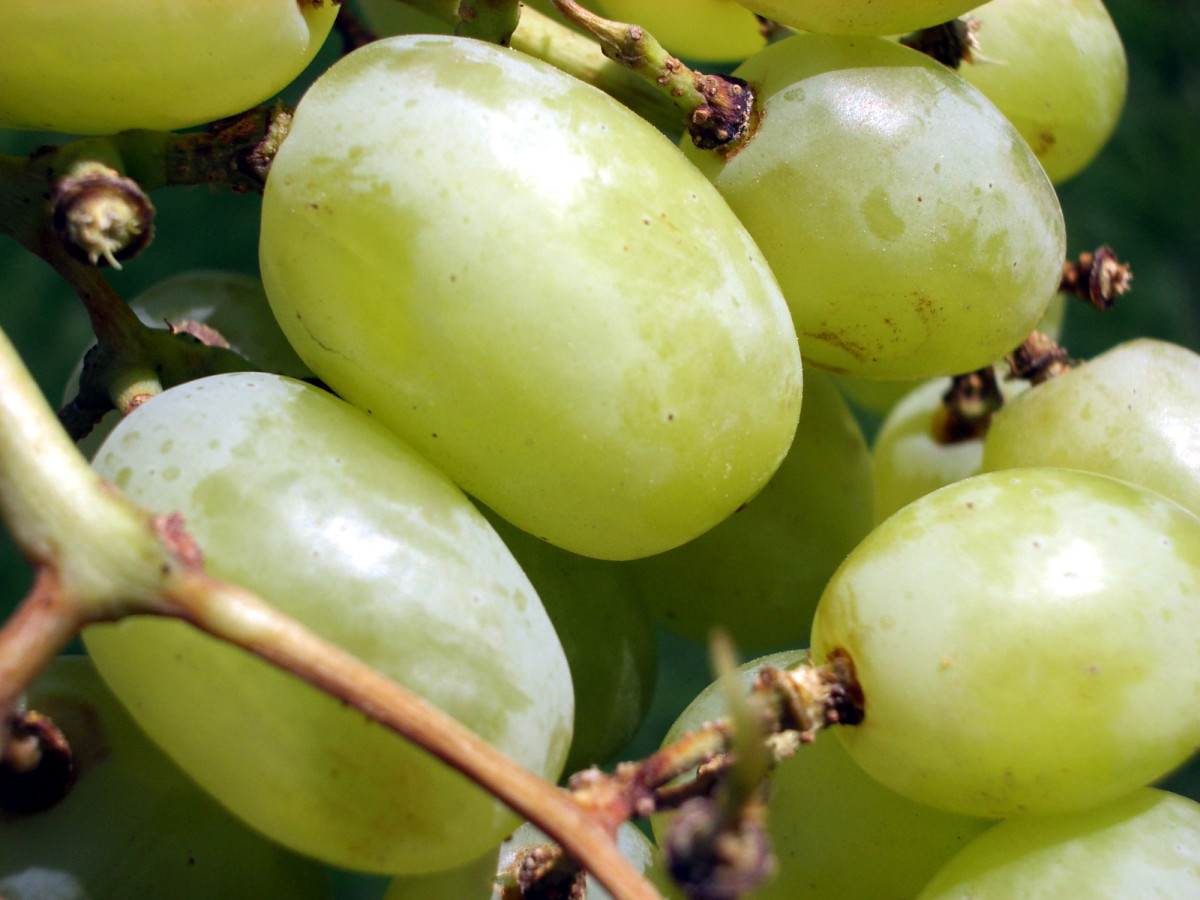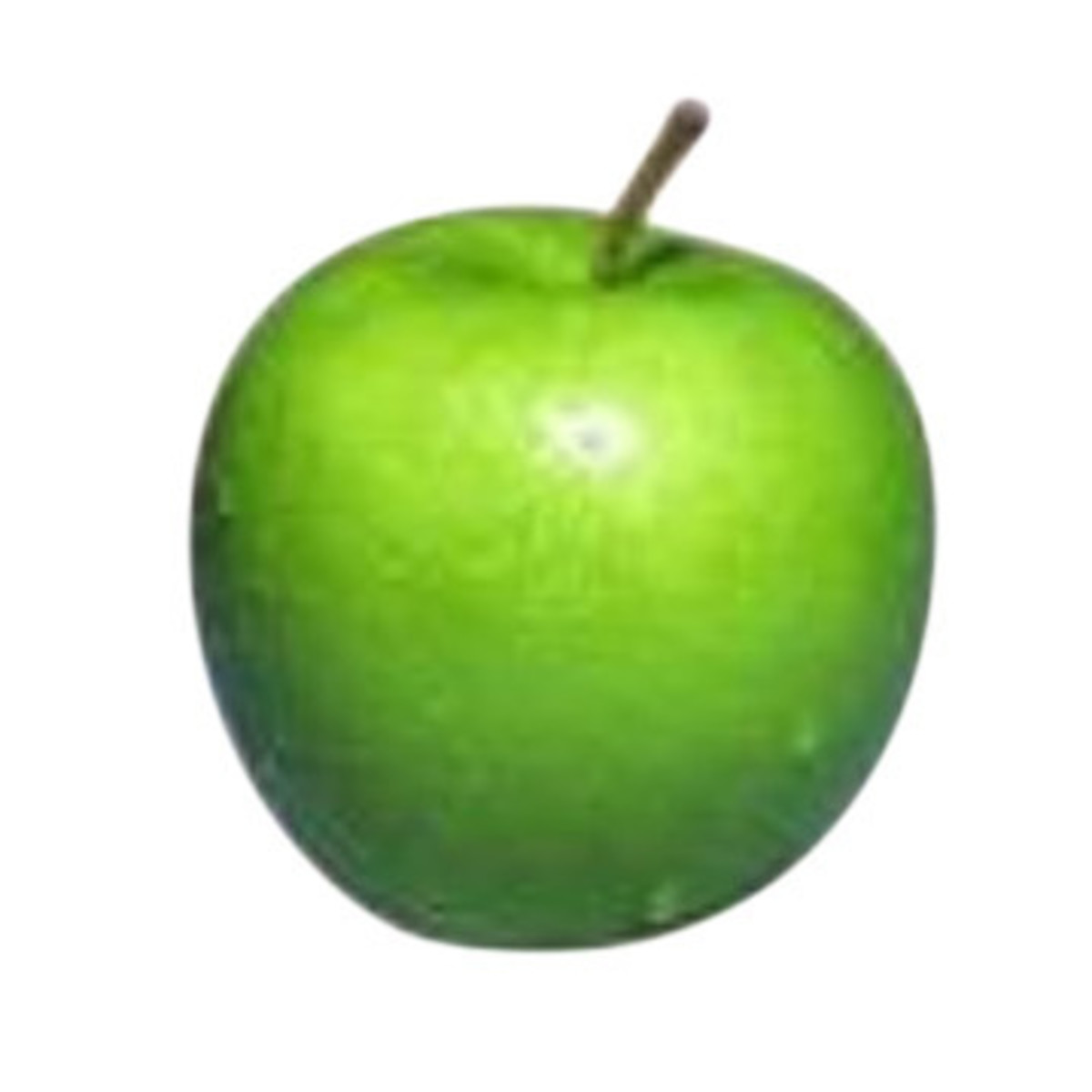Phytochemicals: Powerful ammunition in the war against cancer and other disorders
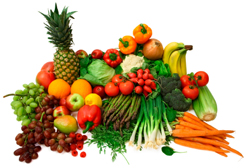
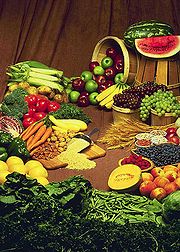
Over the past 30 years or so, researchers have developed a solid base of science that show diets high in fruits, vegetables, grains and legumes appear to reduce the risk of a number of diseases, including cancer, heart disease, diabetes, and high blood pressure when compared with diets high in meat. In fact, there is compelling evidence that a diet rich in fruits and vegetables can lower the risk of heart disease and stroke. Along with these studies, more recent discovery is the disease-preventing effects of these foods that are partly due to antioxidants---specific vitamins, minerals, and enzymes that help prevent cancer and other disorders by protecting cells against damage from oxidation. More over, researchers discovered that fruits, vegetables, grains, and legumes contain yet another group of health-promoting nutrients called phytochemicals.
Definition
Phytochemicals are the biologically active substances in plants that are responsible for giving them color, flavor, and natural disease resistance. These substances appear to be powerful ammunition in the war against cancer and other diseases.
American Heritage Medical Dictionary defines it as, " A nonnutritive bioactive plant substance, such as a flavonoid or carotenoid, considered to have a beneficial effect on human health."
Phytochemicals (also called phytonutrients) are actually chemicals present in plants that make the plants biologically active. They are not nutrients in the classic sense, but they are what determines a plant's color, flavor, and ability to resist disease.
How does it protects the body against cancer?
It is necessary for us to understand that cancer formation is a multistep process. Phytochemicals seem to fight cancer by blocking one or more of the steps that lead to cancer. For example, cancer can begin when a carcinogenic molecule--from the food you eat or the air you breathe--invades a cell. But if sulforaphane, a phytochemical found in broccoli, also reaches the cell, it activates a group of enzymes that whisk the carcinogen out of the cell before it can cause any harm.
Other Phytochemicals found in different food sources are the following:
Flavonoids, found in citrus and berries, which keep cancer-causing hormones from latching cells in the first place.
Genistein, found in soybeans, which kills tumors by preventing the formation of capillaries needed to nourish them.
Indoles, found in cruciferous vegetables such as Brussels sprouts, cauliflower, and cabbage, which increase immune activity and make it easier for the body to excrete toxins.
Saponins, found in kidney beans, chickpeas, soybeans, and lentils, may prevent cancer cells from multiplying.
P-coumatic acid and chlorogenic acid, found in tomatoes, interfere with certain chemical unions that can create carcinogens. The list of these protective substances goes on and on. Tomatoes alone are believed to contain an estimated 10,000 different phytochemicals.
According to Nutrition Source of Harvard School of Public Health, "a line of research stemming from a finding from the Health Professionals Follow-up Study suggests that tomatoes may help protect men against prostate cancer, especially aggressive forms of it. (One of the pigments that give tomatoes their red hue—lycopene—could be involved in this protective effect. Although several studies other than the Health Professionals study have also demonstrated a link between tomatoes or lycopene and prostate cancer, others have not or have found only a weak connection. Taken as a whole, however, these studies suggest that increased consumption of tomato-based products (especially cooked tomato products) and other lycopene-containing foods may reduce the occurrence of prostate cancer. Lycopene is one of several carotenoids (compounds that the body can turn into vitamin A) found in brightly colored fruits and vegetables, and research suggests that foods containing carotenoids may protect against lung, mouth, and throat cancer. But more research is needed before we know the exact relationship between fruits and vegetables, carotenoids, and cancer."
Animal and in vitro studies have demonstrated how some phytochemicals prevent carcinogens from promoting the growth of specific cancers. For example, the phytochemical phenethyl isothiocyanate (PEITC) found in cabbage and turnips has ben found to inhibit the growth of lung cancer in rats and mice. Among other things, PEITC protects the cells' DNA from a potent carcinogen found in tobacco smoke.
Cohort studies, which follow large groups of initially healthy individuals for years, generally provide more reliable information than case-control studies because they don't rely on information from the past. And data from cohort studies have not consistently shown that a diet rich in fruits and vegetables prevents cancer in general. (Source: http://www.hsph.harvard.edu/nutritionsource/what-should-you-eat/vegetables-full-story/index.html#8)
Sources:
http://www.hsph.harvard.edu/nutritionsource/what-should-you-eat/vegetables-full-story/index.html#8
Book:
Prescription for Nutritional Healing by: James F. Balch, M.D., PHYLLIS A. BALCH, C.N.C.
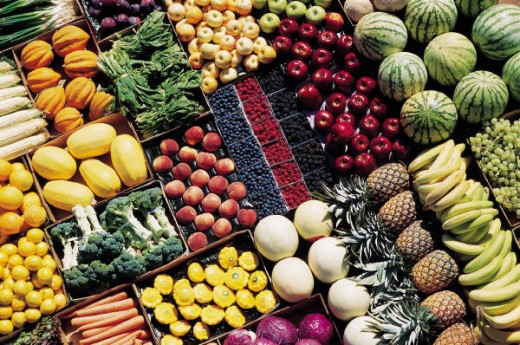
Also, studies show that these thousands of phytochemicals even if being sold as concentrates in the form of food supplements could not replace the fresh whole foods. Because new ones are being discovered all the time, hence, no supplement can possibly contain all of the cancer-fighters found in a shopping basket full of fruits and vegetables. (Source: Prescription for Nutritional Healing by Balch & Balch)
"Eat your fruits and vegetables" is one of the tried and true recommendations for a healthy diet. And for good reason. Eating plenty of vegetables and fruits can help you ward off heart disease and stroke, control blood pressure, prevent some types of cancer, avoid a painful intestinal ailment called diverticulitis, and guard against cataract and macular degeneration, two common causes of vision loss. (Source: http://www.hsph.harvard.edu/nutritionsource/what-should-you-eat/vegetables-full-story/index.html#8)
Fortunately, it is easy to get a healthy dose of phytochemicals at every meal by eating these recommended foods and vegetables that contains the said substances. Almost every grain, legume, fruit, and vegetable tested has been found to contain these substances. Moreover, unlike many vitamins, these substances do not appear to be destroyed by cooking or other processing. Genistein, the substance found in soybeans, for instance, is also found in soybeans products such as tofu and miso soup. Similarly, the phytochemical PEITC, found in cabbage, remains intact even when the cabbage is made into cole slaw or sauerkraut.
According to the research conducted by Harvard School of Public Health, A massive report by the World Cancer Research Fund and the American Institute for Cancer Research suggests that non-starchy vegetables—such as lettuce and other leafy greens, broccoli, bok choy, cabbage, as well as garlic, onions, and the like—and fruits "probably" protect against several types of cancers, including those of the mouth, throat, voice box, esophagus, and stomach; fruit probably also protects against lung cancer.(Source: http://www.hsph.harvard.edu/nutritionsource/what-should-you-eat/vegetables-full-story/index.html#cancer)
On the other hand, by eating much of these foods raw or only lightly cooked, you will be able to enjoy the benefits not just of phytochemicals, but of all the vitamins, minerals, and other nutrients that fresh whole foods have to offer.
Eating foods with the application of holistic nutrition, and knowing what nutrients you need, you can improve the state of your health, stave off disease, and maintain a harmonious balance in the way nature intended.

